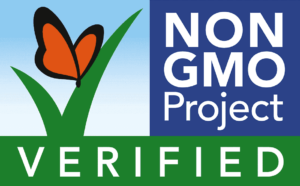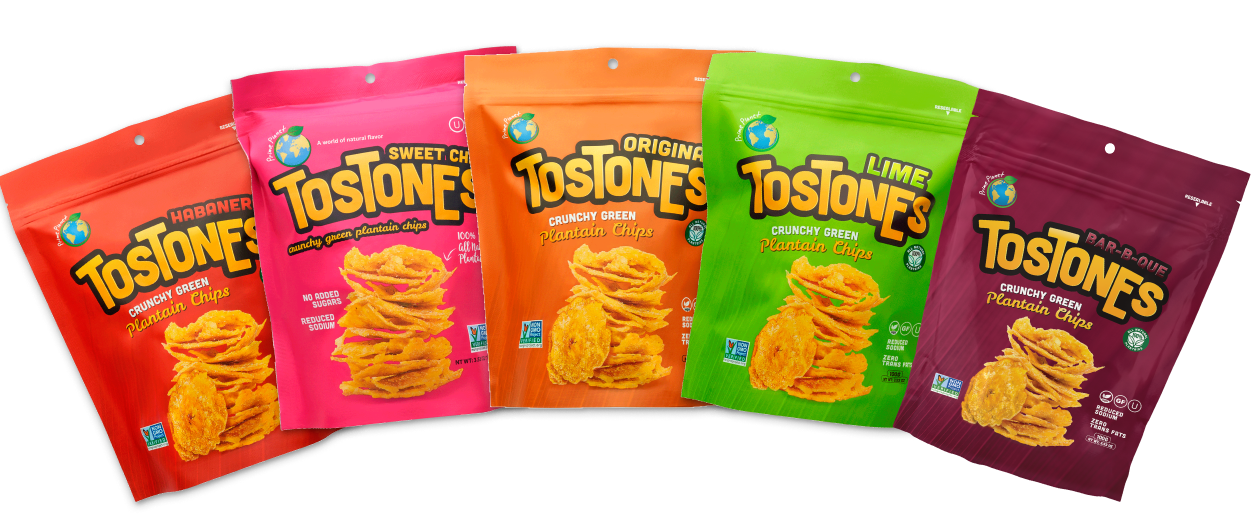
While we at Prime Planet also are concerned, regarding our line of fresh green-plantain Tostones, rest assured there is nothing to worry about. More about that later…
In keeping with our recent posts about the nutritional information about Tostones, it’s time to talk about GMOs as well. (Check out our previous blog posts about cholesterol, trans fats, sodium, and dairy.)
So What Exactly Are Genetically Modified Organisms?
“GMO” stands for Genetically Modified Organism, and refers to plants, animals, or other organisms whose genetic material has been changed in ways that do not occur naturally. GMOs exist in plants and animals that have been artificially altered in a laboratory (and subsequently in animals who eat those plants).
The first major wave of GMO produce was introduced during the 1990s, providing corn, potatoes, tomatoes, and other vegetables. Cotton was also modified on the genetic level. The most common GMO crops were developed to address the needs of farmers. The main traits of genetically modified crops are that they are resistant to pests and pesticides. This can help food become more accessible and affordable for consumers.
What’s it Mean to Claim a Food Source is Non GMO Certified?
A mission-driven nonprofit organization named the Non GMO Project, which is dedicated to building and protecting a non GMO food supply via consumer education and outreach programs to retailers, provides an excellent definition:
The “Non GMO” claim means that the food is made without ingredients that were derived from genetically modified organisms. Meat, poultry, dairy, and eggs with a “Non GMO” claim are from animals that were not fed a diet containing genetically engineered crops. But a “Non GMO” claim on its own is not always trustworthy. Look for a verified Non GMO label like the Non GMO Project verified seal, which has a butterfly image, or USDA seal.
How to Recognize a Product Claiming to Be Non GMO
The Non-GMO Project Verified Butterfly logo (which is a butterfly hovering over a checkmark with the Non-GMO Project name next to it) assures consumers that the product bearing the label has been evaluated for compliance with the Non GMO Standard, which can be found on the Non GMO Project’s website.
The URL is also included as part of the non GMO verification mark so consumers can easily access more information about what the Non GMO Project Standard encompasses. The verification mark does not state that a product is “GMO Free,” and it does not state that the product is safer, better, or healthier. It simply states the product is compliant with the Non GMO Project Standard.
The Controversy Over GMOs
Getting back to those news items we mentioned earlier, following is a list of the pros and cons of genetically modified foods.
The main benefits of genetic engineering in agriculture are:
- Increased crop yields
- Reduced costs for food or drug consumption
- Reduced need for pesticides due to increased resistance to pests and disease
- Greater security and medical benefits for the world’s growing population.
In addition, genetically modified foods have resulted in tastier foods, plants that require fewer environmental resources (such as water and fertilizer), and less use of pesticides. They also usually have a longer shelf life than traditional foods.
However, the commercial potential of biotechnology is immense since the scope of its activity covers the entire spectrum of human life. The deliberate modification and resulting entities of GMOs have become a bone of contention all over the world.
Benefits aside, the main concerns associated with GMOs are:
- Toxicity (genetically engineered foods are inherently unstable)
- Loss of nutrition
- Allergic Reactions
- Antibiotic Resistance
- Immuno-suppression
- Cancer
That’s some pretty scary stuff! But in the case of Tostones – fear not. Tostones consist of three simple ingredients: plantains, palm oil, and salt. That’s it. Furthermore, Tostones are Non GMO certified, as indicated by the Butterfly logo on the package.
Our mantra is, “We Believe in Better for you Snacks; where Nutrition, Convenience & Taste are Combined in One Bite. So, you can feel good about distributing Tostones to your customers.
About Prime Planet
An innovative international food company based in Miami, Prime Planet is committed to bringing to market the best kosher certified snacks – that are delicious and nutritious. Its all-natural brand of Tostones offers not only the most delicious flavor, but are an all-around healthier snack option, too.
Knowledge, expertise, and direct access to leading global logistics and distributors of wholesale snacks and bulk-food products allow Prime Planet to find the shortest and most efficient commercial routes for ideal product shipment and product placement.
Be a Green Plantain Snack Distributor
For more information, or to become a distributor, visit www.primeplanet.net; or contact Business Development Manager Marie Gonzalez at 305-592-2044; or via email at bdm@primefreshproducts.com.



